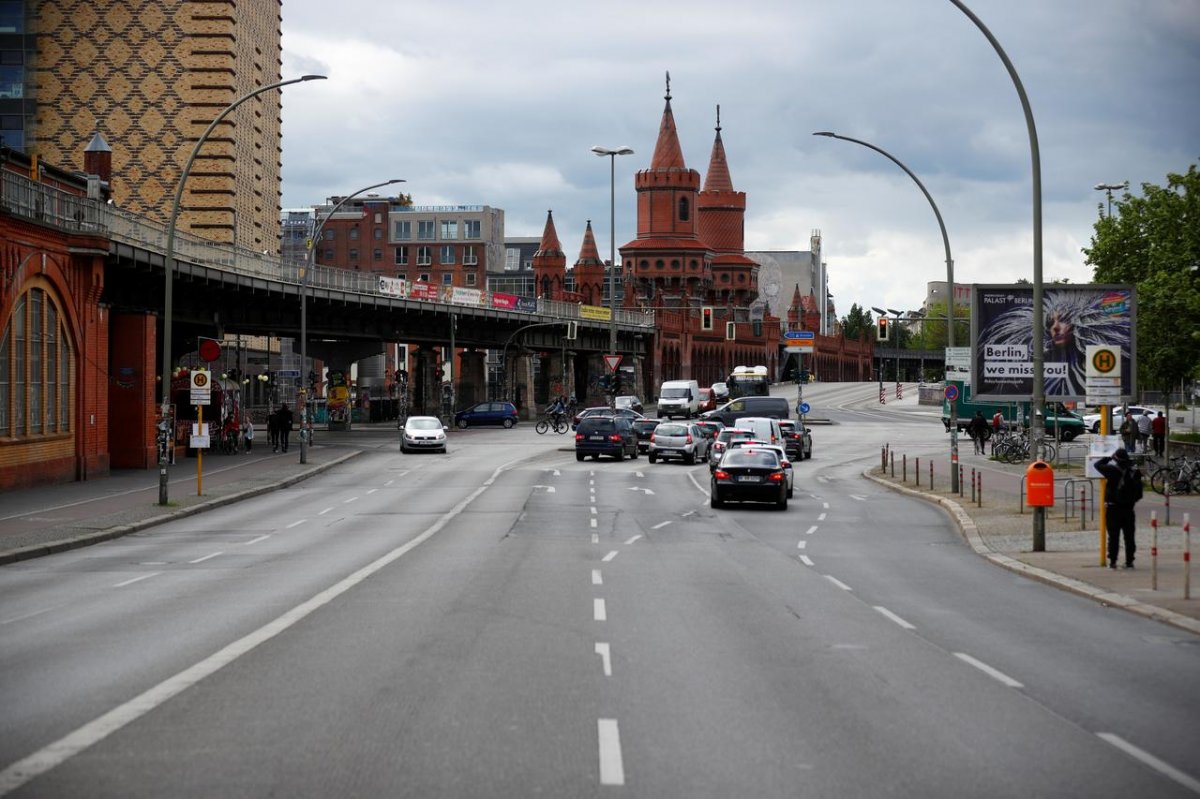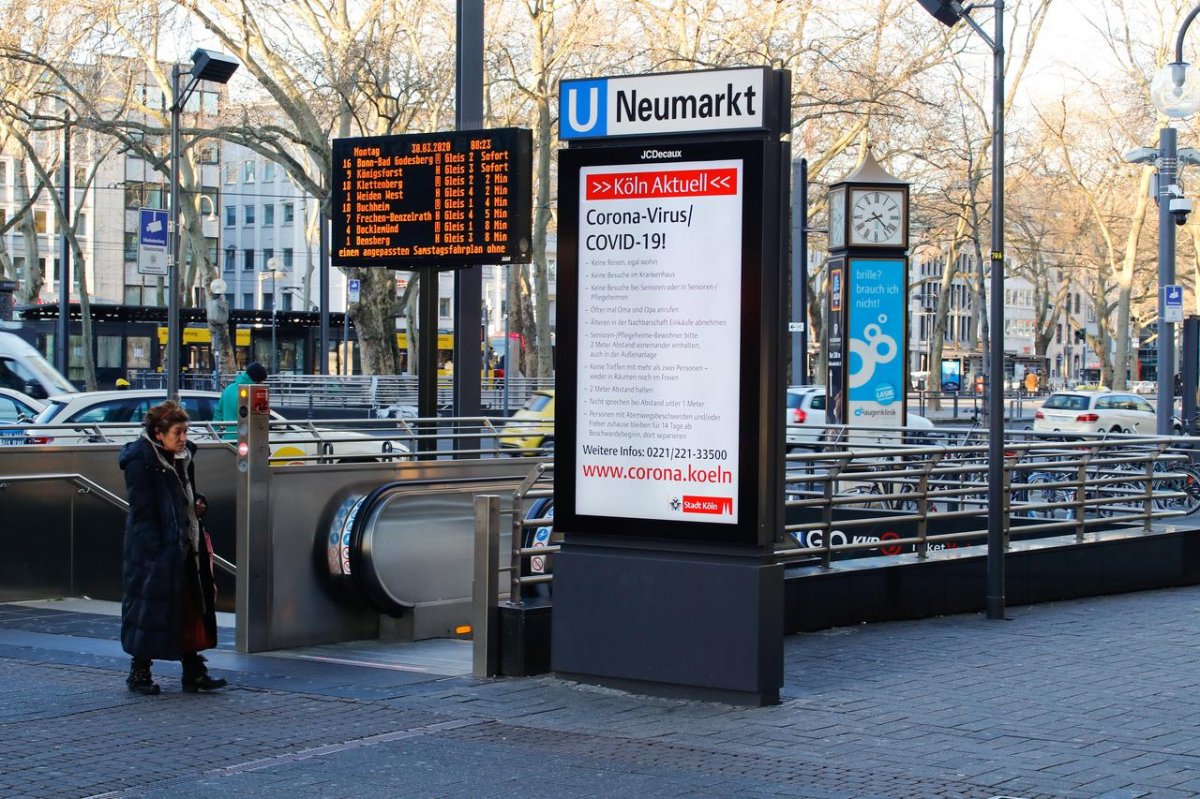Germany took a further step on the long road back to post-coronavirus normality on Monday, with museums and hairdressers reopening under strict conditions, churches opening their doors for worshippers, and more car factories resuming work.
REOPENING COULD TRIGGER A SECOND WAVE OF INFECTIONS
But more than a month after Germany suspended all but essential social and commercial life to slow the spread of the novel coronavirus, politicians in charge of Europe’s largest economy are at odds over how far and how fast to move.

There is mounting pressure from business groups and some regional governments who are anxious to move faster on restarting economic life.
Chancellor Angela Merkel has warned that reopening too swiftly risks triggering a second wave of infections, but many regions are already going alone.

The reopening of some border crossings with France, which has scrapped quarantine requirements for EU citizens, lent further impetus to calls for accelerated reopening. In the east, Poland has reopened frontiers for some cross-border commuters.













